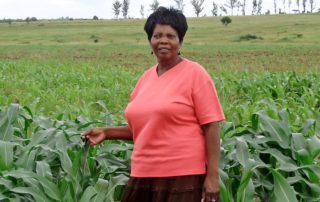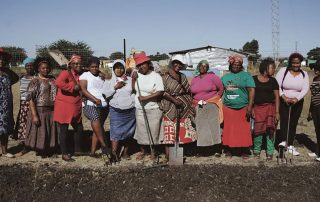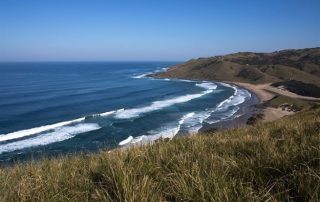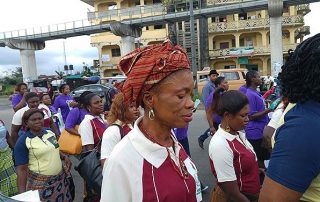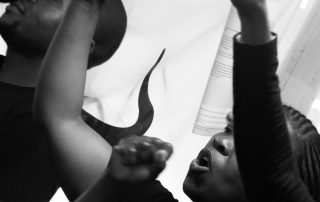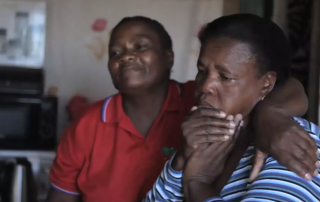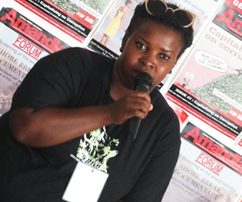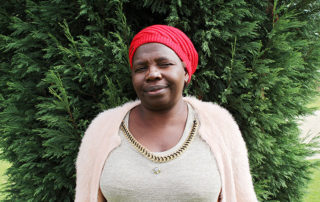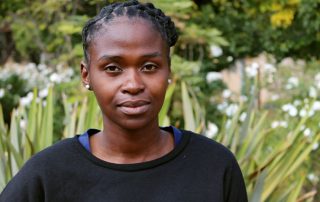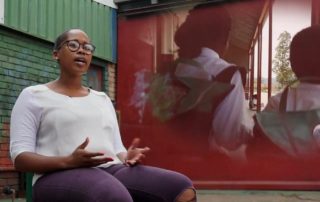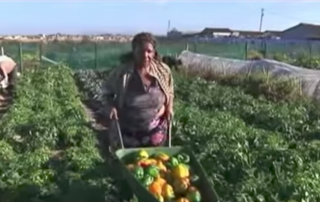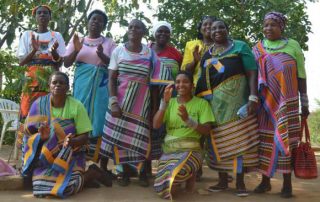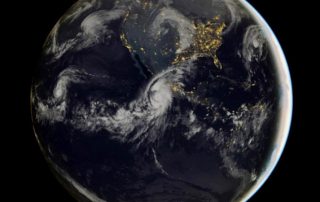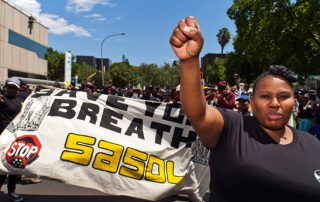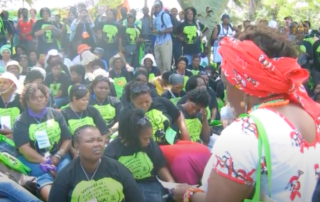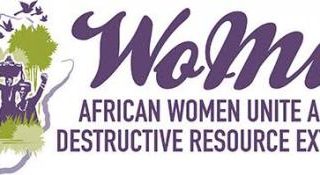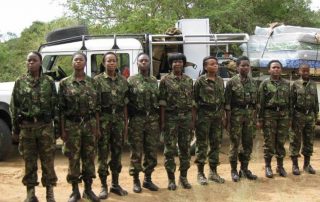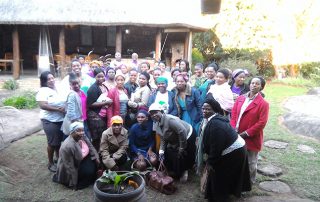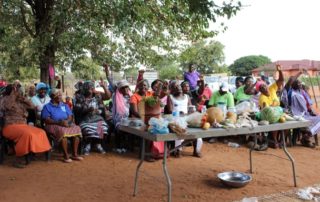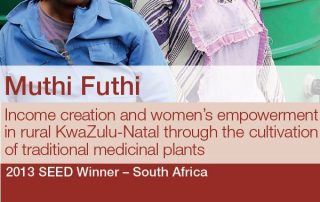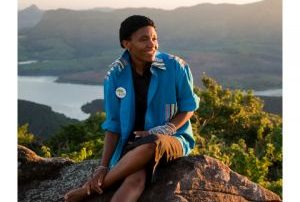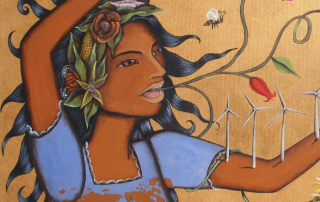Don’t Ignore the One Group That Can Make Climate Action Happen
The El Niño cycle is a global climate cycle that occurs every three to seven years with varying intensity. During 2016, this cycle was especially strong and, in combination with climate change, led to widespread drought and hunger for many states in Southern Africa. Women were particularly impacted. This was because they were forced to spend more time gathering scarce water as well as eat less themselves in order to prioritize the nutritional needs of men and children. Increased sex work and child marriages were also a result. And while Southern Africa is now on its way to recovery, building future resilience to climate change means addressing the special vulnerabilities of women as well as prioritizing their leadership. Photo credit: Ish Mafundikwa/IRIN


